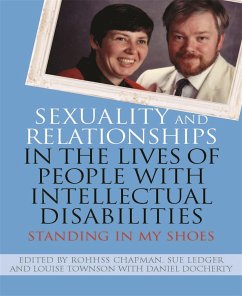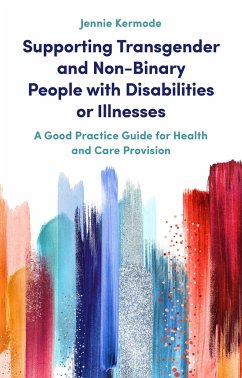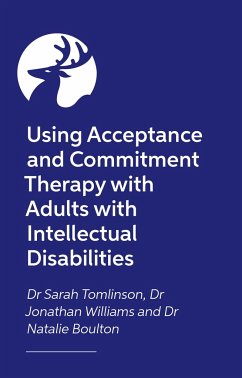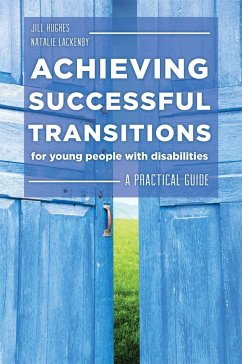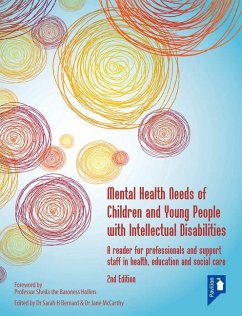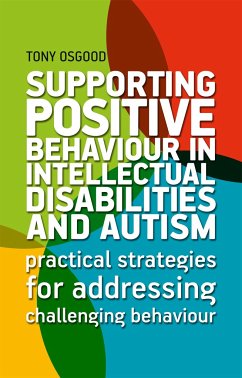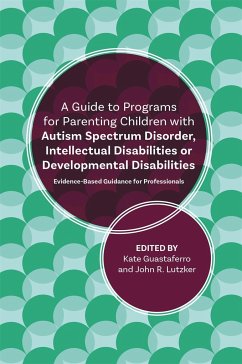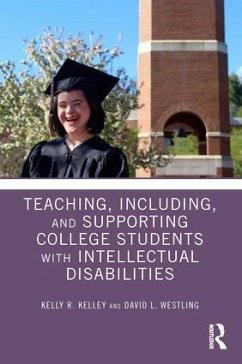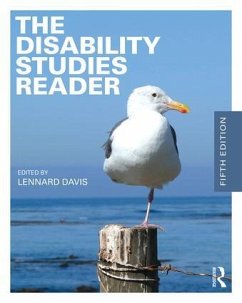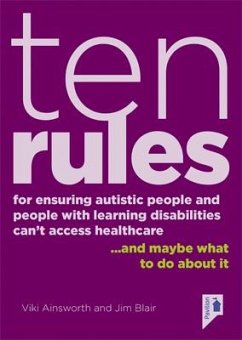
Supporting People with Intellectual Disabilities Experiencing Loss and Bereavement
Theory and Compassionate Practice
Herausgeber: Read, Sue
Versandkostenfrei!
Versandfertig in über 4 Wochen
57,99 €
inkl. MwSt.

PAYBACK Punkte
29 °P sammeln!
This authoritative edited text looks at how diverse and complicated experiences of loss can be for people with Intellectual Disabilities (ID). It discusses current theory, practice issues in health and care settings, and specific considerations for children, individuals with autism, those in forensic environments, and those facing their own death.



